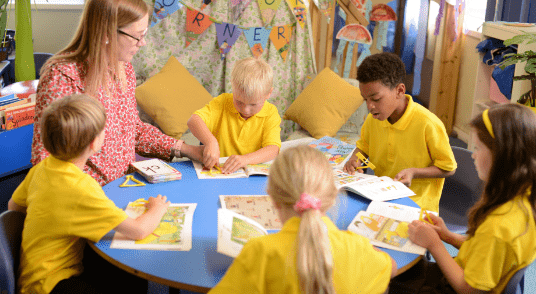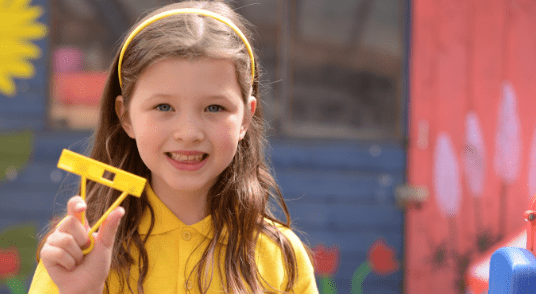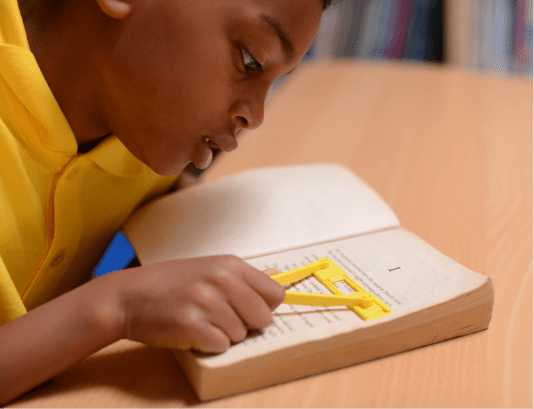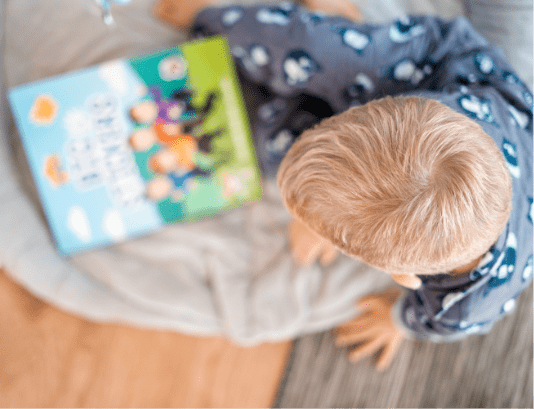MENU
Menu
Menu
© Copyright 2022 Checkit. All rights reserved.
Website designed by Yolkdesign Ltd.
Terms & Conditions | Privacy Policy | Modern Slavery
Registered Office: c/o Cottons Chartered Accountants,
1 Billing Road, Northampton, NN15AL, UK.
UK Company Registration Number: 13559678
© Copyright 2022 Checkit. All rights reserved.
Website designed by Yolkdesign Ltd.
Terms & Conditions | Privacy Policy | Modern Slavery
Registered Office: c/o Cottons Chartered Accountants,
1 Billing Road, Northampton, NN15AL, UK.
UK Company Registration Number: 13559678







